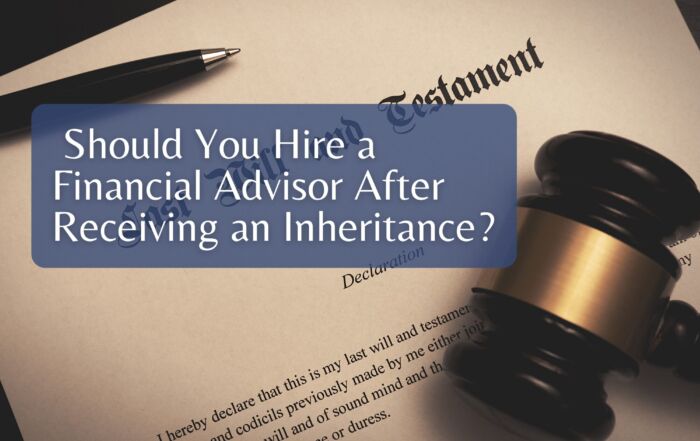Common Mistakes to Avoid with Social Security Spousal Benefits

When it comes to Social Security spousal benefits, there are several common mistakes that individuals should avoid in order to maximize their benefits. Here are some key pitfalls to be aware of:
Filing too Early
Claiming spousal benefits before reaching your full retirement age (FRA) can result in a reduction in the benefit amount. If you claim before your own FRA, your benefit may be permanently reduced. For those born in 1960 or later, FRA is 67 years old.
Failing to Coordinate Benefits
Coordinating spousal benefits with your own retirement benefits is crucial. Make sure you understand how your benefits will be affected and consider various claiming strategies to optimize your combined benefits.
Overlooking the FRA requirement
In order to be eligible for spousal benefits, your spouse must have already filed for his/her own retirement benefits. You cannot claim spousal benefits if your spouse hasn’t started receiving his/her own benefits.
Not Considering the Earnings Test
If you claim spousal benefits before reaching your FRA and continue to work, your benefits may be subject to the earnings test. Exceeding the earnings limit can result in a reduction or temporary suspension of benefits. If you earn more than the annual earnings limit, $1 will be withheld from your Social Security benefits for every $2 you earn above the limit.
Ignoring Divorced Spouse Benefits
If you are divorced but the marriage lasted at least ten years, you may be eligible for spousal benefits based on your ex-spouse’s earnings record. In fact, if you have more than one marriage that last for more than 10 years, you can select the spouse’s benefit that is higher.
Forgetting about Survivor Benefits
At your spouse’s death, you may be eligible for survivor benefits, which can be higher than your own retirement or spousal benefits. It’s important to understand the survivor benefit rules and consider them in your financial planning. For example, if your spouse’s benefit is higher than yours, you can step up to their higher benefit.
Neglecting to Consult with a Professional
Social Security rules and regulations can be complex, and there are many factors to consider when maximizing your spousal benefits. Seeking advice from a financial advisor or Social Security expert can help you navigate the system and avoid costly mistakes.
Each person’s situation is unique, and it’s crucial to evaluate your options based on your specific circumstances. It is not uncommon to receive different answers to the same question when calling into Social Security and speaking with different representatives. Sometimes your best bet is making a face-to-face appointment in the local office. Don’t forget to ask for everything in writing.
Have more questions? Contact Us
Missie Beach, CFP®, CDFA®
Senior Financial Advisor
Share This Story, Choose Your Platform!
Wiser Wealth Management, Inc (“Wiser Wealth”) is a registered investment adviser with the U.S. Securities and Exchange Commission (SEC). As a registered investment adviser, Wiser Wealth and its employees are subject to various rules, filings, and requirements. You can visit the SEC’s website here to obtain further information on our firm or investment adviser’s registration.
Wiser Wealth’s website provides general information regarding our business along with access to additional investment related information, various financial calculators, and external / third party links. Material presented on this website is believed to be from reliable sources and is meant for informational purposes only. Wiser Wealth does not endorse or accept responsibility for the content of any third-party website and is not affiliated with any third-party website or social media page. Wiser Wealth does not expressly or implicitly adopt or endorse any of the expressions, opinions or content posted by third party websites or on social media pages. While Wiser Wealth uses reasonable efforts to obtain information from sources it believes to be reliable, we make no representation that the information or opinions contained in our publications are accurate, reliable, or complete.
To the extent that you utilize any financial calculators or links in our website, you acknowledge and understand that the information provided to you should not be construed as personal investment advice from Wiser Wealth or any of its investment professionals. Advice provided by Wiser Wealth is given only within the context of our contractual agreement with the client. Wiser Wealth does not offer legal, accounting or tax advice. Consult your own attorney, accountant, and other professionals for these services.





